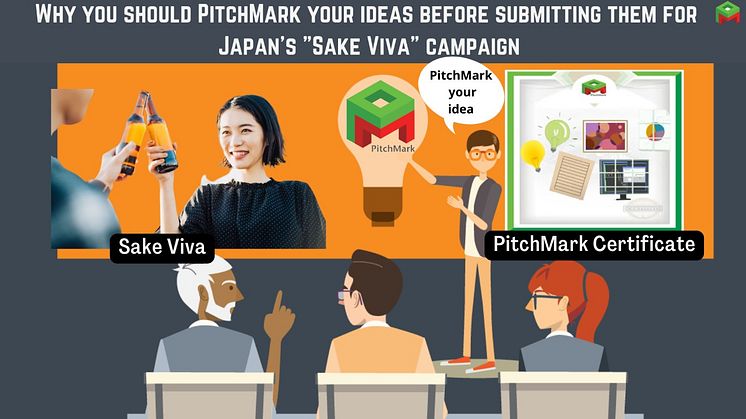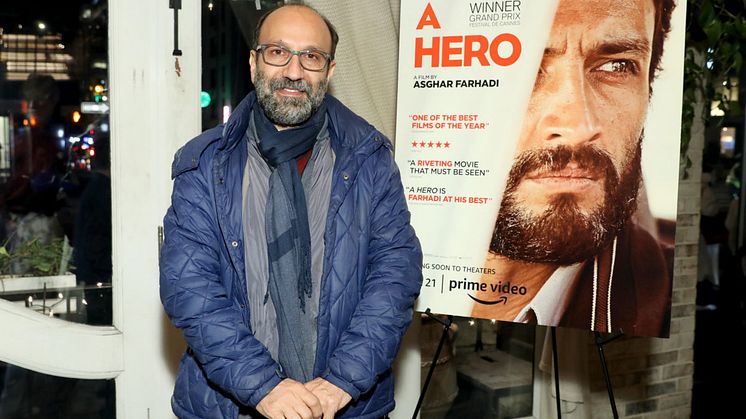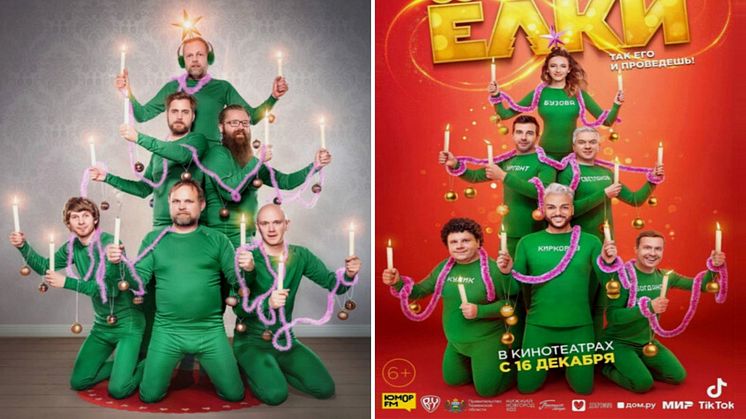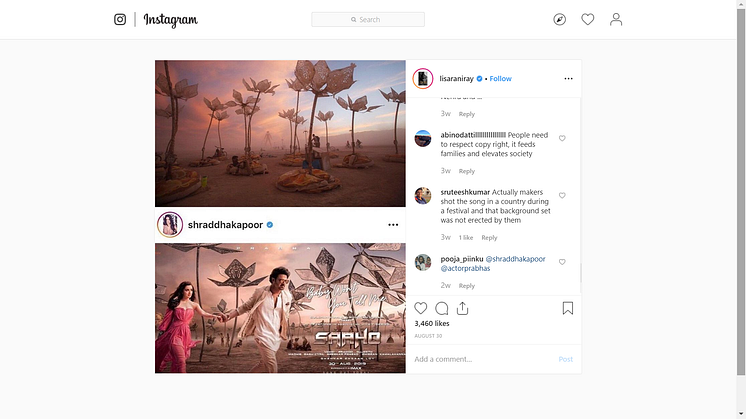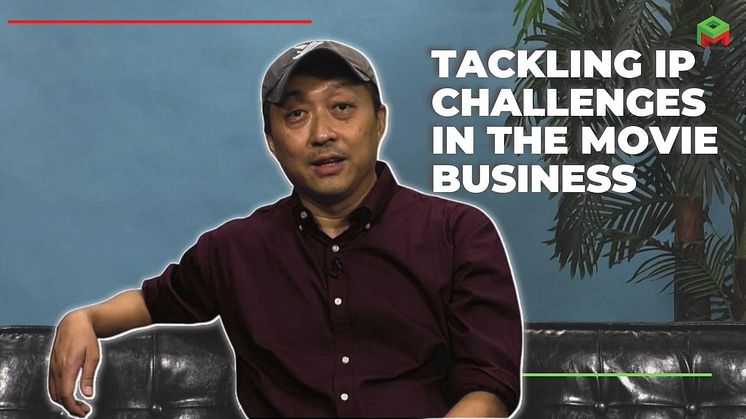
News -
How independent creators or screenwriters can safeguard their original ideas and negotiate better terms with the film industry
The ongoing disruption in the film and television industry has changed the way movies are produced, distributed, and consumed. With the proliferation of subscription-based video-on-demand (SVOD) and Over the Tops (OTTs), the demand for original as well as regional content has increased enormously, which in turn has opened up a gamut of opportunities for independent creators.
Gone are the days when undervalued and underpaid creators and screenwriters were employees of the production houses, and a few top executives made all the decisions about the kind of content they put out.
With the increasing usage of mobile and related technologies, people are consuming content from any location in the world – whether from your couch at home or a beach – instead of watching it on the big screen.
This humongous demand for content has influenced many creators and screenwriters to go independent and build their own unique intellectual property (IP) to gain a bargaining edge in the film and television industry.
These opportunities also highlight how crucial it is for independent creators to be aware of their IP rights when negotiating contracts to exploit those rights with the producers.
In PitchMark’s IP Clinic #2, PitchMark’s founder Mark Laudi, our legal advisor Frank Rittman, as well as IP lawyer Michael Leow from Haldanes' Hong Kong office, discuss how independent creators should handle their IP rights and negotiate better terms with a production house that is interested in acquiring the rights.
The panel debates, for example, the ongoing dispute over copyright ownership between the family of Ehud Yonay, the writer of the original article that inspired the year’s biggest box office hit "Top Gun: Maverick", and Paramount Pictures, the studio behind its production. According to the family, the most recent film is a derivative work of the original copyright-protected article, and the studio lacked the authorization to make it.
PitchMark helps innovators deter idea theft, so that third-parties that they share their idea with get the idea but don’t take it. Visit PitchMark.net and register for free as a PitchMark member today.

